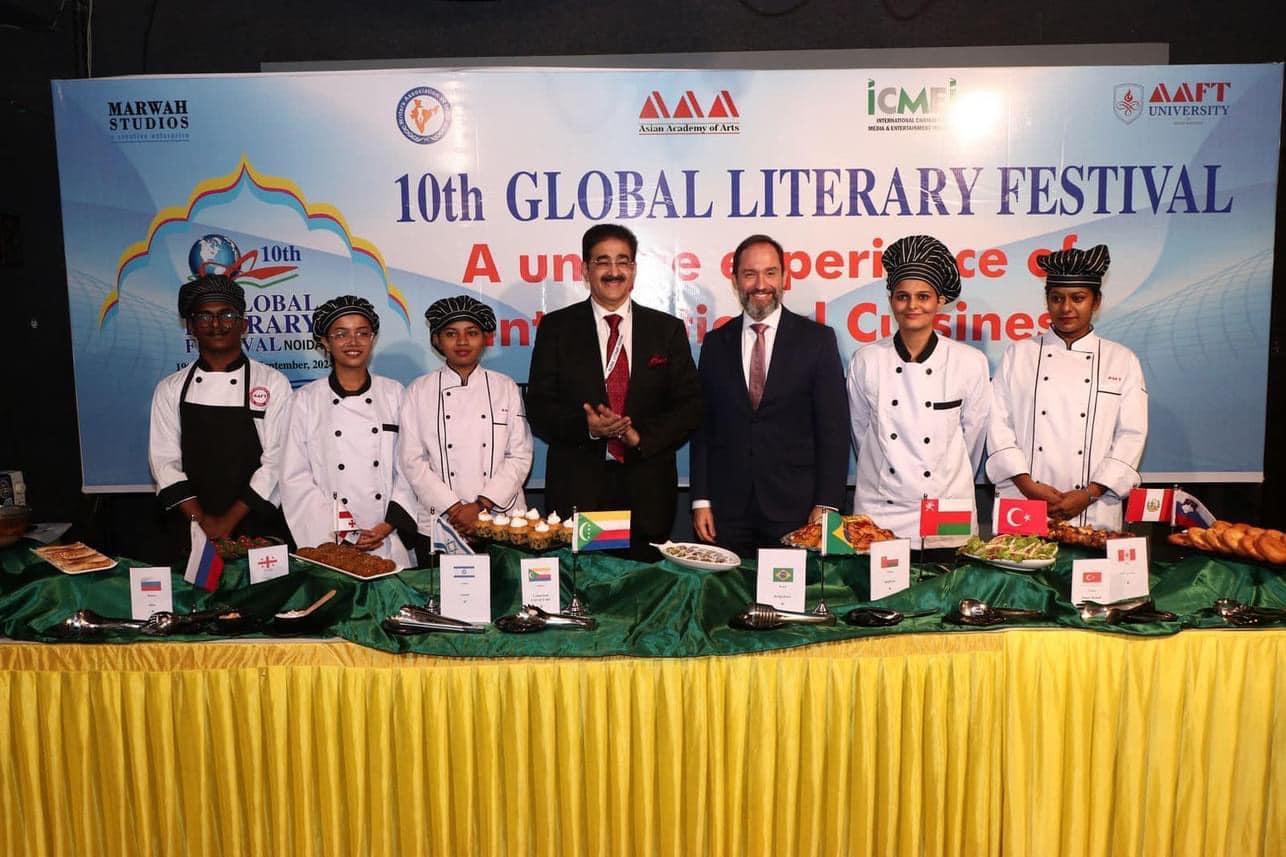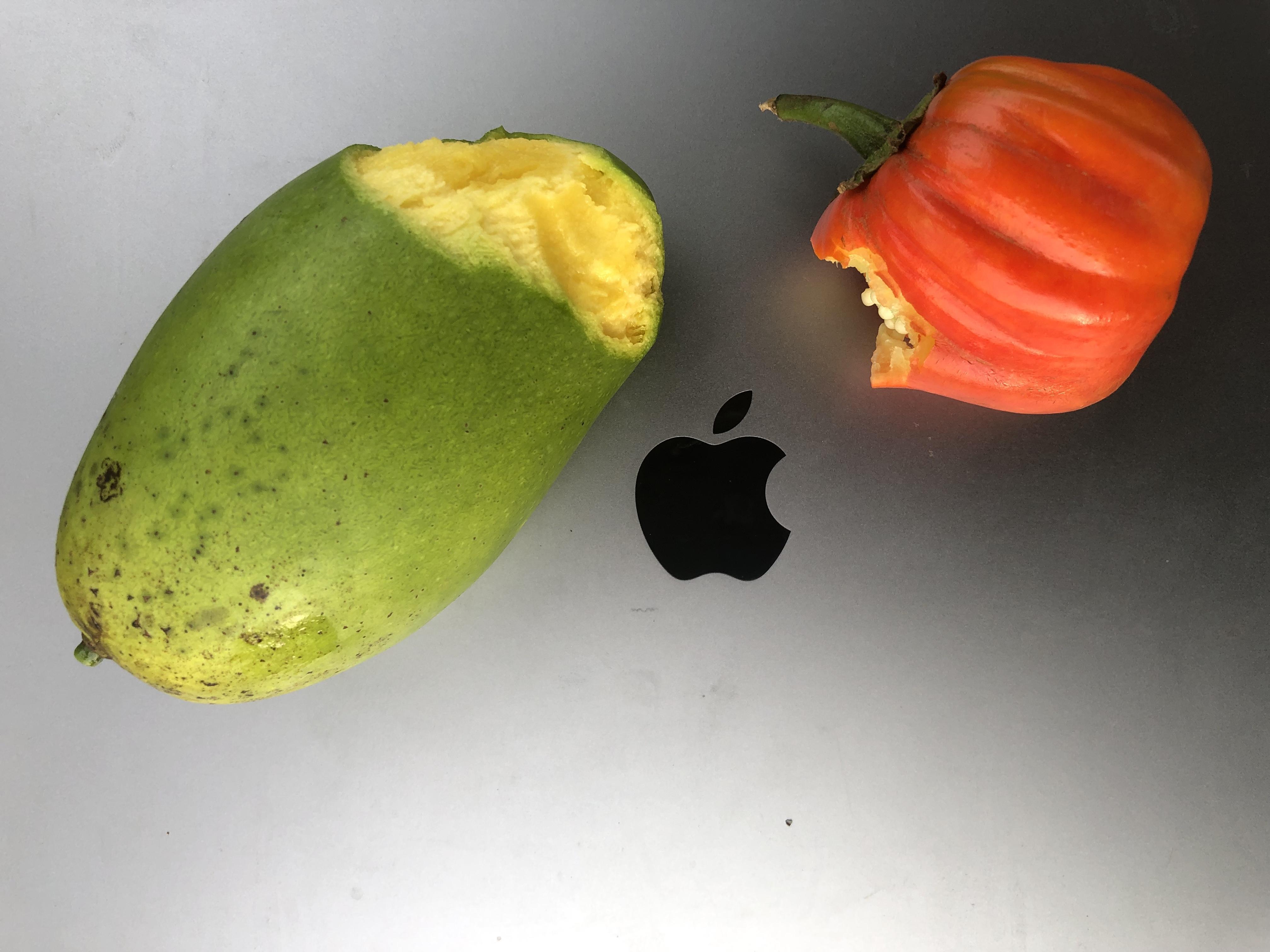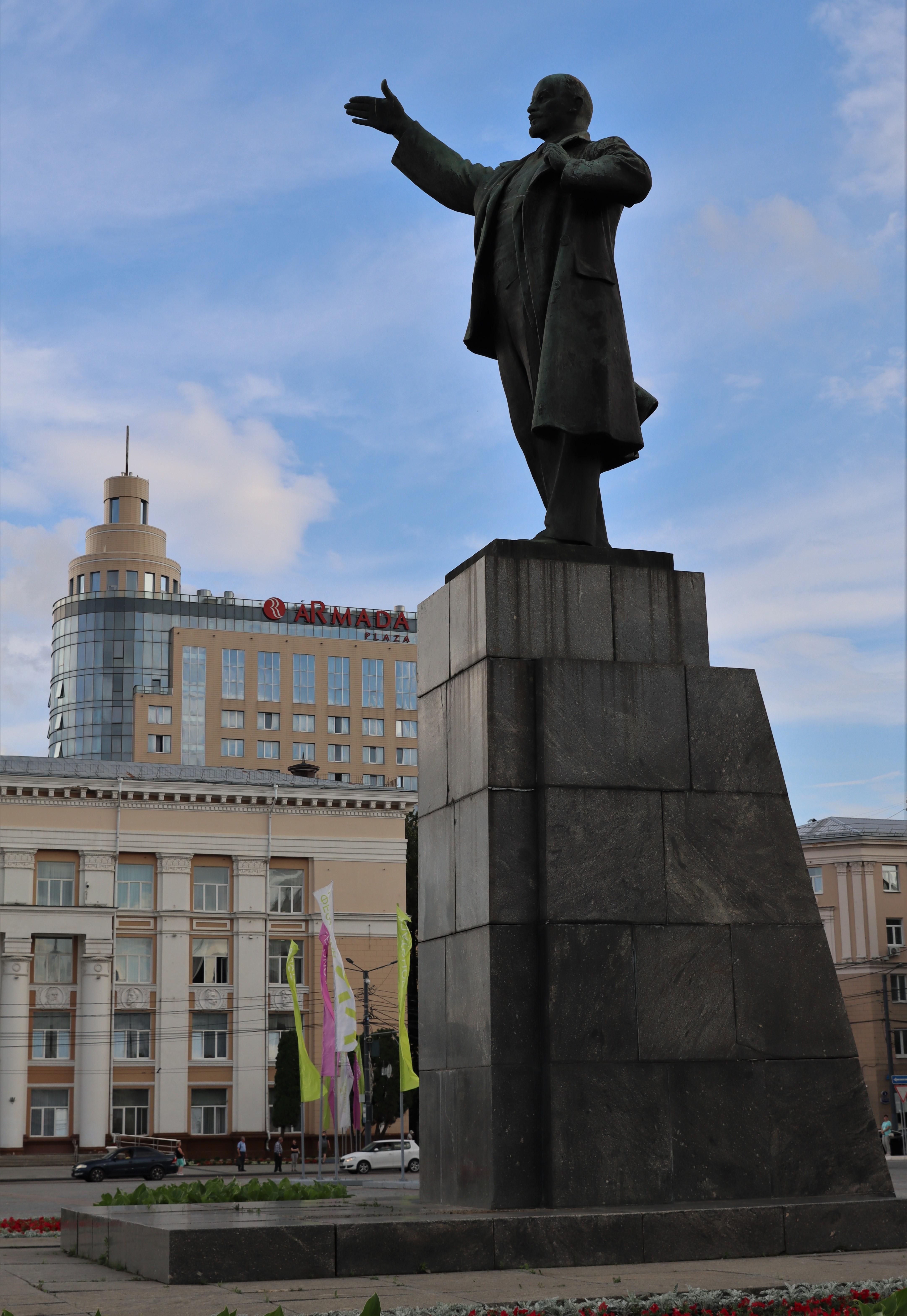In an era marked by geopolitical upheaval and the intricate dance of international relations, the role of diplomacy has never been more crucial. Enter “The Diplomat,” a series that has captured the zeitgeist with uncanny precision, offering viewers a compelling exploration of the nuanced world of global negotiations and statecraft. As tensions simmer and alliances shift on the world stage, “The Diplomat” emerges not just as entertainment, but as a vital lens through which we can better understand the complexities of our interconnected world. This article delves into why “The Diplomat” resonates so profoundly today, shedding light on its timely relevance and the invaluable insights it provides into the art of diplomacy.
Navigating Geopolitical Tensions with Precision
In an era where global alliances are constantly shifting and international relations are fraught with complexity, the role of a diplomat has never been more critical. “The Diplomat” serves as a timely reminder of the delicate art of negotiation and the profound impact of strategic decision-making. This is a world where words can be as powerful as weapons, and understanding the nuances of diplomacy can mean the difference between conflict and cooperation.
- Complex Problem-Solving: Diplomats are tasked with unraveling intricate geopolitical puzzles, requiring a keen understanding of cultural, economic, and political factors.
- Strategic Communication: Crafting messages that resonate across diverse audiences is crucial, demanding precision and clarity.
- Adaptive Leadership: The ability to pivot strategies in response to evolving situations is essential for maintaining stability and fostering collaboration.
As global tensions rise, the skills and insights of a diplomat become indispensable. The series captures the essence of this profession, illustrating how adept negotiation and cultural intelligence can steer the course of history. By watching, we gain a deeper appreciation for the unsung heroes who work tirelessly behind the scenes to maintain peace and order in an unpredictable world.
Decoding Diplomatic Strategies for Modern Conflicts
In an era where global conflicts are as much about perception as they are about power, the role of diplomacy has never been more critical. Diplomatic strategies today are multifaceted, requiring a nuanced understanding of cultural, economic, and political landscapes. The modern diplomat must be adept not only in negotiation but also in leveraging technology and media to shape narratives and influence outcomes. As the world becomes increasingly interconnected, the ability to decode and deploy these strategies effectively can mean the difference between peace and prolonged conflict.
Consider the following key elements that define successful diplomatic strategies in today’s complex geopolitical environment:
- Adaptability: The capacity to swiftly adjust tactics in response to rapidly changing situations.
- Multilateral Engagement: Building alliances and partnerships to strengthen positions and create a unified front.
- Cultural Intelligence: Understanding and respecting cultural nuances to foster trust and cooperation.
- Strategic Communication: Utilizing media and digital platforms to control narratives and counter misinformation.
These strategies underscore the importance of diplomacy as a tool for conflict resolution. By mastering these elements, diplomats can navigate the complexities of modern conflicts, ensuring that dialogue and cooperation remain at the forefront of international relations.

Empowering Global Leaders through Cultural Intelligence
In today’s interconnected world, cultural intelligence is no longer a luxury but a necessity for global leaders. The complexities of international relations, business negotiations, and cross-cultural collaborations demand a nuanced understanding of diverse cultures. “The Diplomat” exemplifies this need, portraying how cultural fluency can be a game-changer in navigating the global landscape.
- Understanding Nuances: Successful leaders must grasp the subtleties of different cultures to communicate effectively and build trust.
- Adapting Strategies: Tailoring approaches to fit cultural contexts can lead to more effective problem-solving and conflict resolution.
- Building Alliances: Cultivating relationships across borders requires a deep appreciation of cultural values and practices.
As global challenges become more complex, the role of cultural intelligence in leadership is more critical than ever. By embracing the principles showcased in “The Diplomat,” leaders can not only enhance their strategic capabilities but also foster a more inclusive and harmonious global community.

Harnessing the Art of Negotiation in a Complex World
In today’s intricate global landscape, the ability to negotiate effectively has become a paramount skill, one that echoes the strategic finesse of a seasoned diplomat. The world is more interconnected than ever, with cultural, economic, and political threads weaving a complex tapestry that demands nuanced understanding and adept negotiation skills. As geopolitical tensions rise and fall, the art of negotiation becomes a beacon of hope, guiding leaders through turbulent waters towards resolutions that are not only beneficial but sustainable.
The role of a diplomat extends beyond mere conversation; it is an embodiment of strategic thinking, cultural empathy, and unwavering patience. Key elements that define a successful diplomat’s negotiation strategy include:
- Active Listening: Understanding not just the words, but the emotions and intentions behind them.
- Cultural Sensitivity: Recognizing and respecting cultural differences to foster trust and collaboration.
- Adaptability: Being flexible in approach while maintaining core objectives.
- Strategic Patience: Knowing when to push forward and when to hold back.
In a world where communication is instantaneous yet often superficial, the diplomat’s role in negotiation is a reminder of the power of thoughtful dialogue and strategic foresight. The art of negotiation, much like diplomacy itself, is not about winning or losing but about finding common ground where all parties can thrive. As we navigate the complexities of the modern world, the skills and strategies of the diplomat are not just relevant—they are essential.


